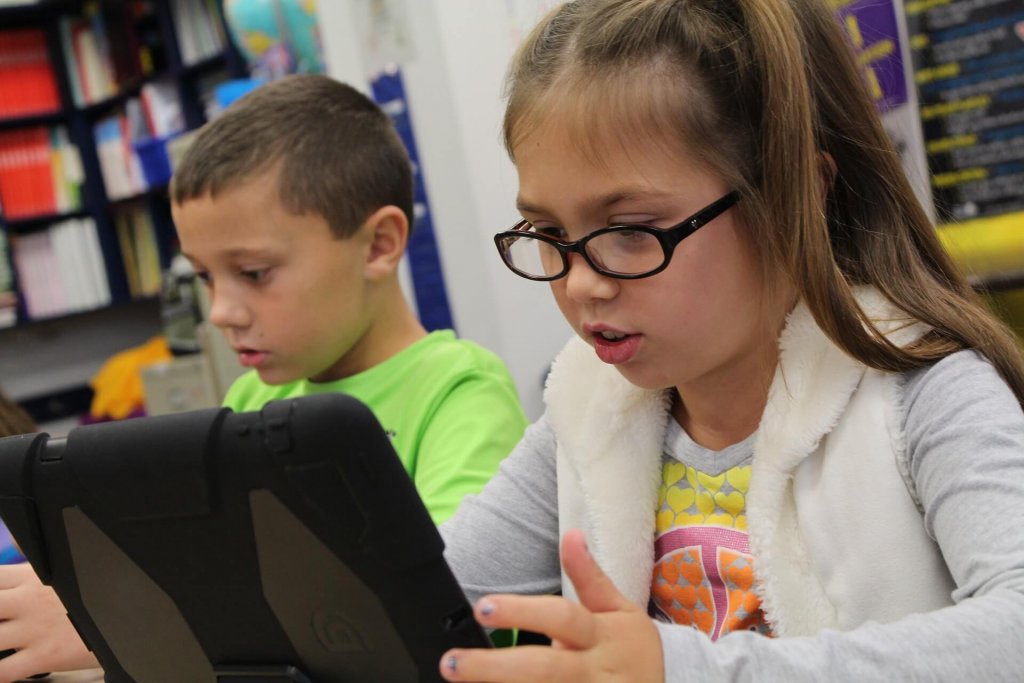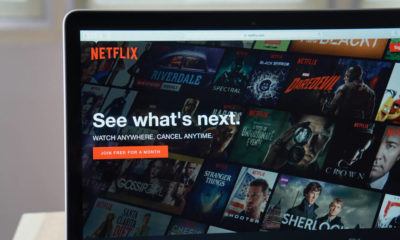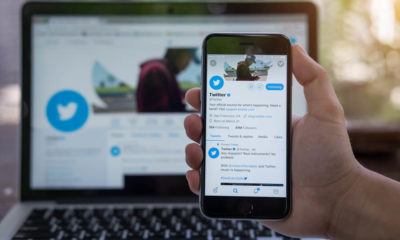Business
The Netflix approach to non-physical books and more on the future of books
The way Netflix distributes its content is so efficient that almost everyone is attempting to replicate it to reproduce the same success Netflix received.

If there’s one reason the world should thank Netflix, it would be its content distribution model. Although not entirely unique, the distribution model’s efficacy for movie streaming is so successful to an extent that everyone wants to copy it. Add to this the introduction of a new marketing catchphrase: the Netflix of <insert industry here>.
The book industry wastes no time in jumping on the bandwagon. Tales2Go, which is deemed by online writers as the “Netflix of children’s books,” figured that its goal of supporting the development of young students’ literacy skills at an early age could become more attainable by applying the all-you-can-get subscription model of Netflix.
True indeed, thousands of children’s stories can now be accessed through Tales2Go, encouraging kids to spend their time on the Internet reading—or listening—instead of playing games or watching kid-inappropriate shows.

Tales2Go (not pictured) encourages kids to improve their literacy skills and has a lot of children’s stories in its selection. (Source)
Like Tales2Go, spoken-word audio content provider Audioboom (AIM:BOOM) is also more than a business undertaking. Teachers and parents are now utilizing its “For Educators” service to either help students with their lessons or teach students outside the constraints of school, especially the less fortunate ones.
And since Audioboom is now an official distributor of Amazon’s very own audiobook vendor and producer Audible, users can now purchase the latest titles on the market. It does not only eliminate the time-consuming need for scouring physical bookstores, but also speed up the company’s advocacy of reinventing the classroom experience.
The introduction of the “Netflix model” has changed the entire book industry for the better. Many writers and journalists (who were once adamant on the inevitable demise of the physical book market) have already shifted gears and changed their daunting initial predictions to a more convivial one. Most of them now think that the current dynamism and competition in the book market, both online and physical, is what sustains its relevance and will fuel its longevity.
The competition is indeed very strict. Now, smallish e-book content provider Oyster is now planning to embrace the Netflix approach to dethrone Amazon. The company believes that it can offer a significant alternative to consumers by offering an unlimited reading subscription service, something that remains nonexistent in Amazon today.
Oyster’s move is rather plucky and interesting, but it should be aware that it is not only taking on a giant and established entity. By simply diving into the online book market, it is also challenging Amazon’s other smaller competitors, as well as public libraries that offer online book lending.
On physical books
On the other hand, while the online book market is rapidly growing, the printed book industry is showing no demise as well. It is, without a doubt, far from being dead.

The printed book industry is still alive and well despite the fact that the online book market is growing. (Source)
The publishing world still looks at physical book sales figures in terms of gauging a title’s performance on the market. Almost 60 percent of books today are in paperback, and the other 40 come in the form of audiobooks and e-books.
Moreover, most serious writers still want to have their books published in paper first for them to obtain respect from the publishing world. This leaves straight-to-ebook writers annoyed each time newspapers brush off their claims of being a multi-million writer.
Hence, no industry is going to succumb to oblivion soon. Digital books may become more popular than physical books the way websites became bigger than newspapers and magazines. The only sure thing is that there will be competitions and comparisons—but this won’t result to complete demise of either segment. Maybe it translates to one undeniable fact: the world is still interested in books.
This alone is enough to expect a brighter future for the book market.
_
This article may include forward-looking statements. These forward-looking statements generally are identified by the words “believe,” “project,” “estimate,” “become,” “plan,” “will,” and similar expressions. These forward-looking statements involve known and unknown risks as well as uncertainties, including those discussed in the following cautionary statements and elsewhere in this article and on this site. Although the Company may believe that its expectations are based on reasonable assumptions, the actual results that the Company may achieve may differ materially from any forward-looking statements, which reflect the opinions of the management of the Company only as of the date hereof. Additionally, please make sure to read these important disclosures.

-

 Impact Investing5 days ago
Impact Investing5 days agoGlobal Energy Shift: Record $2.2 Trillion Invested in Green Transition in 2024
-

 Fintech2 weeks ago
Fintech2 weeks agoPayrails Secures $32M to Streamline Global Payments
-

 Crowdfunding1 day ago
Crowdfunding1 day agoDolci Palmisano Issues Its First Minibond of the F&P “Rolling Short term” Program
-

 Markets1 week ago
Markets1 week agoShockwaves of War: U.S. Strikes Iran, Markets Teeter, Global Risks Rise
























